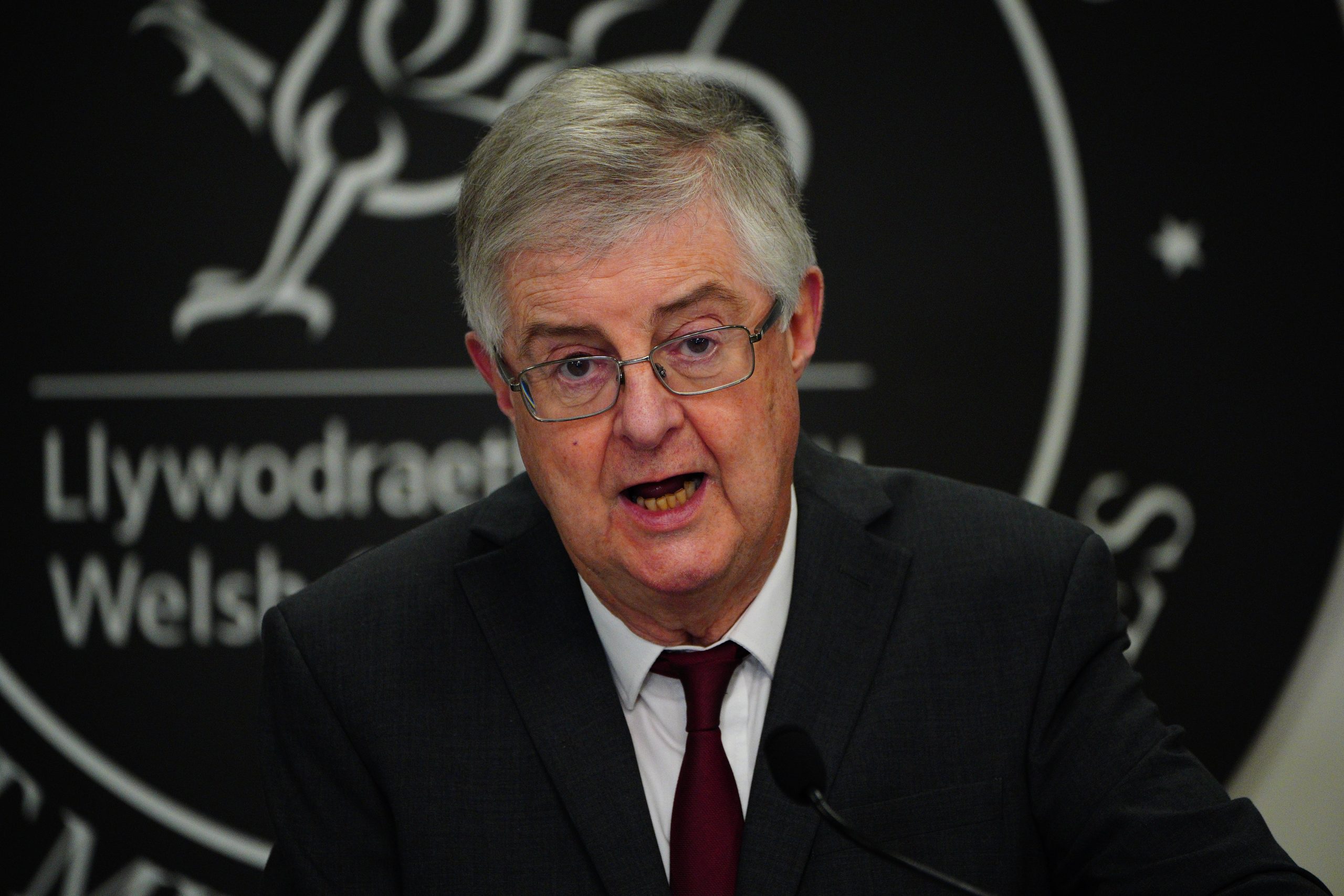Scottish taxpayers contributed to covering the costs of chauffeured rides for government figures appearing as witnesses at the UK Covid Inquiry, raising questions about expenditure and transparency.
Over a span of two weeks in January, eleven individuals associated with the SNP executive provided testimony before Lady Hallet, shedding light on various aspects of the government’s response to the crisis.
During the hearings, revelations emerged regarding the deletion of crucial WhatsApp messages by public servants, alongside allegations of leveraging the pandemic to advance the agenda for Scottish independence.
English Taxpayer (Credits: The Telegraph)
Additionally, it was disclosed that Professor Jason Leitch, the national clinical director, provided Humza Yousaf with a ‘workaround’ to bypass mask-wearing protocols at a dinner event.
Reports indicate that approximately £3,674 was expended on transporting witnesses to and from the evidence sessions in Edinburgh.
However, the actual expenditure is presumed to be higher, with authorities declining to disclose details of car journeys undertaken by Nicola Sturgeon and Mr. Yousaf, citing police advice, despite earlier reports suggesting otherwise.
The government defended the expenditure, stating it had a duty to facilitate the participation of witnesses in the inquiry, ensuring their safe and punctual arrival and departure.
English Taxpayer (Credits: ITVX)
Nevertheless, critics, including the Scottish Tories, questioned the necessity and cost-effectiveness of these arrangements, particularly amid economic challenges faced by ordinary Scots.
MSP Sue Webber emphasized the importance of transparency, expressing concerns about the manner and cost of the journeys undertaken, urging clarity on whether they represented optimal use of taxpayers’ funds.
Among the witnesses providing testimony were figures like Liz Lloyd, a former aide to Ms. Sturgeon, and former Health Secretary Jeane Freeman, alongside Scottish Secretary Alister Jack, representing the UK Government’s perspective.
These revelations coincided with the announcement of Professor Leitch’s departure after serving nine years in his role, further fueling discussions about governance and accountability amidst ongoing inquiries into the handling of the pandemic.
